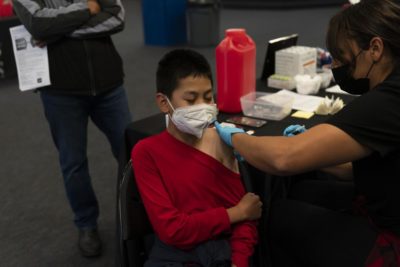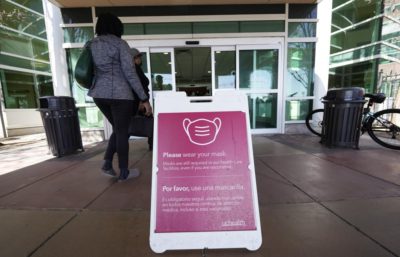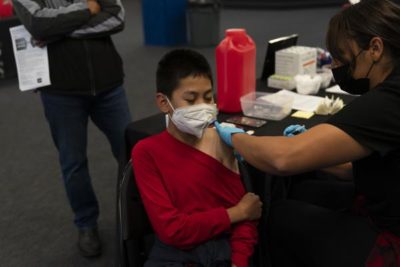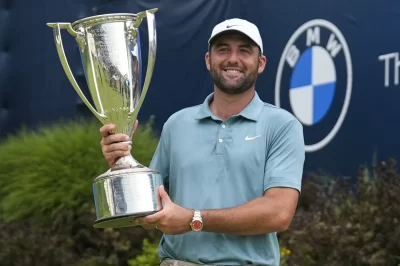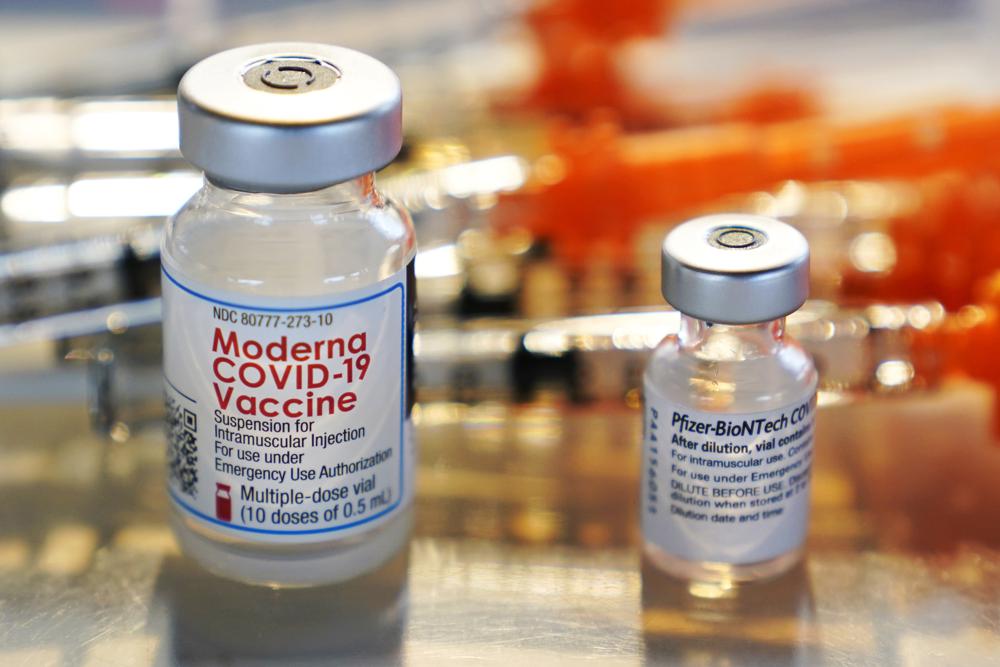
Many Americans now can get a second COVID-19 booster, but it’s hard to tell who really needs another shot right now and who could wait.
The Food and Drug Administration authorized extra Pfizer or Moderna shots for anyone 50 or older and for some younger people with severely weakened immune systems. It’s an effort to get ahead of a possible next coronavirus surge.
With COVID-19 cases low in the U.S., it’s easy to ignore calls for another dose — or for those who aren’t yet vaccinated or boosted to get up to date, said Dr. Erica Johnson, an infectious disease specialist at the American Board of Internal Medicine.
Her advice: If you’re on the fence, use this lull to talk with your doctor about how protected you really are — and need to be.
Anyone 50 and older can get the extra dose at least four months after their last vaccination. So can severely immune-compromised patients, such as organ transplant recipients, as young as 12.
Adults can choose either the Pfizer or the Moderna vaccine for their extra shot, but Pfizer is the only option for children.
WHAT ABOUT PEOPLE WHO GOT JOHNSON & JOHNSON?
Adults who received J&J’s single-dose vaccine already were eligible for a booster of any kind — and the Centers for Disease Control and Prevention recommends only some of them get another.
A new study found a Moderna or Pfizer second shot was superior to getting a second J&J dose. So the advice is anyone who got a second J&J shot now can choose a Moderna or Pfizer dose.
But if they already had one of those other boosters, the CDC says only those who meet the newest criteria — age or weak immune system — qualify for another.
WHAT PROMPTED THE MOVE?
Vaccines still offer strong protection against severe illness and death, but effectiveness against milder infections wanes months later. The shots also don’t work as well against new variants like the super-contagious omicron mutant as they did earlier in the pandemic.
That’s why everyone 12 and older, regardless of their health, already was urged to get a first booster for the best chance at fending off omicron. Only about half of those eligible have.
With an omicron sibling causing spikes in infections in other countries, officials are nervous the U.S. is next, prompting efforts to offer extra protection to the most vulnerable.

